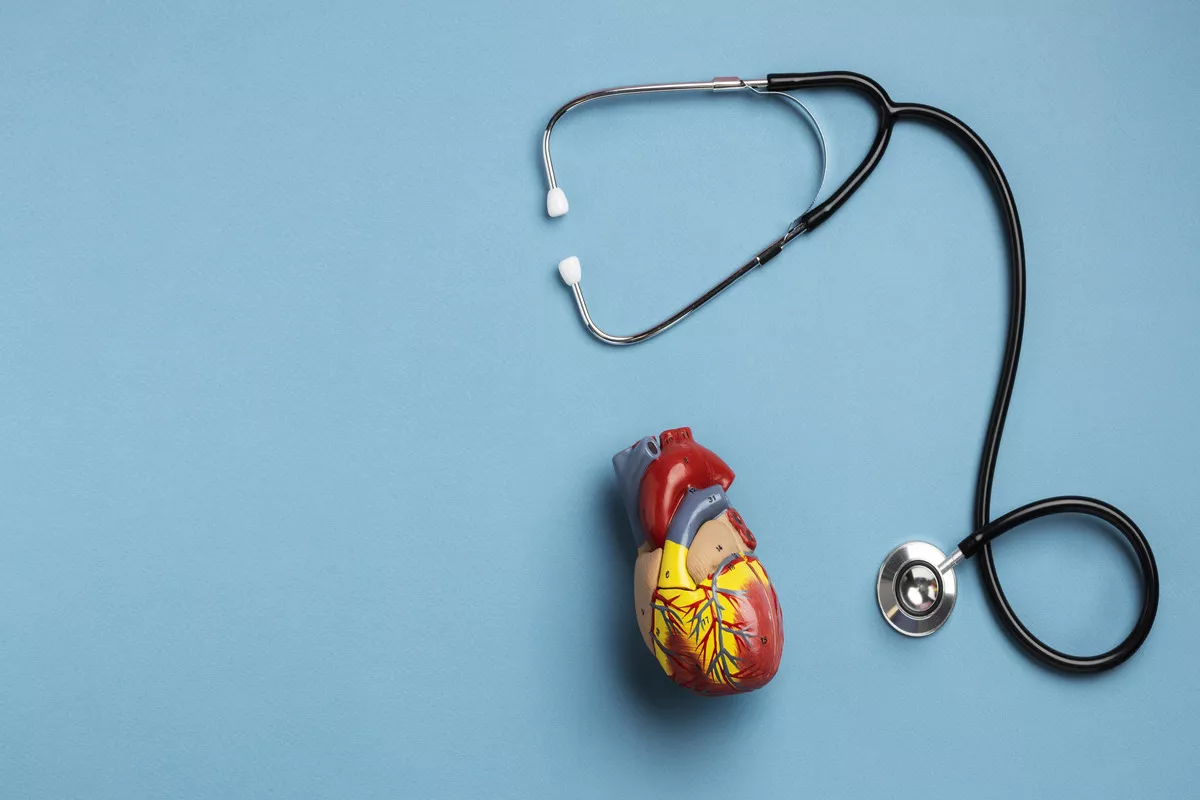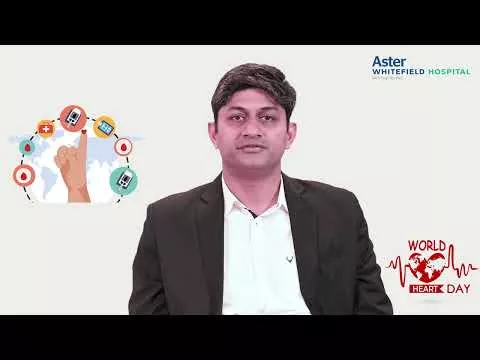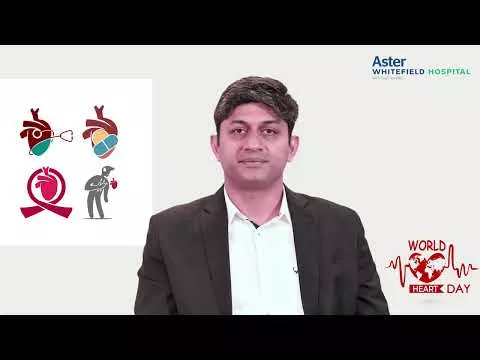Heart disease is one of the leading causes of illness globally, often lurking without the obvious symptoms we associate with cardiac issues. Although many people might think of chest pain as the primary symptom, heart disease can present in ways that are less dramatic yet still signal the need for medical attention. Here, we delve into ten subtle signs of heart disease and why being aware of them could be lifesaving.
1. Chest Pain: A Classic Symptom, but Not Always Clear-Cut
While chest pain is a well-known symptom of a heart attack, it's often not as intense as the dramatic scenarios depicted in movies. The sensation can vary from mild discomfort to a feeling of tightness or pressure, often described as "an elephant sitting on the chest" or a "tight band." Chest pain from angina—caused by reduced blood flow to the heart—usually dissipates after resting, but if it persists, especially with other symptoms, it's crucial to seek medical help.
2. Stomach Pain Resembling Indigestion
A burning or painful sensation in the chest or upper stomach can sometimes be mistaken for indigestion when it's a sign of a heart problem. Heart and stomach discomfort are easily confused since both organs are close, leading to symptom overlap. Persistent or unusual stomach pain warrants a call to a health provider for clarity on whether it's a digestive issue or something more serious.
3. Extending pain beyond the initial source, reaching the arm, jaw, or back
Heart pain isn't always limited to the chest. A heart attack can also cause discomfort that radiates down the left arm, neck, jaw, or back. This symptom is especially significant when it spreads outward from the chest and persists, as it could indicate that blood flow to the heart is compromised.
4. Cold Sweats and Clamminess
Sweating, especially when paired with a sudden feeling of unease or chest discomfort, could be a red flag for a heart attack. Unlike sweating from exercise or a warm environment, cold sweats arise suddenly, often accompanied by other symptoms like dizziness or shortness of breath, making them a serious indicator that warrants immediate medical attention.
5. Having a choking sensation and feeling of tightness in the throat
Angina can sometimes create a sensation of choking or tightness in the throat, giving it its name, which comes from the Latin word for choking. People often overlook this symptom, but if it's coupled with chest pain or nausea, it's crucial to contact a health professional immediately. Those with a history of heart disease should pay particular attention to any new or worsening symptoms of this nature.
6. Nausea and Vomiting: Often Overlooked as Heart Symptoms
Though nausea can stem from a variety of non-cardiac sources, when it's coupled with chest pain, dizziness, or sweating, it can be a subtle sign of heart trouble. Women, in particular, may experience nausea more frequently than men when having a heart attack. If these symptoms appear together without an obvious cause, they could be your body's way of signaling an underlying heart issue.
7. Swollen Ankles as a Symptom of Heart Failure
While swollen ankles can result from many benign causes—such as prolonged standing or high salt intake—persistent swelling could indicate heart failure. When the heart fails to pump blood effectively, fluid may build up in the lower extremities, causing noticeable swelling. If swelling appears in both legs and is recurring, it's time to consult a doctor for evaluation.
8. Leg Pain When Walking, Linked to Peripheral Artery Disease (PAD)
If your legs ache or cramp when you walk, it could be a sign of peripheral artery disease (PAD). There is a higher risk of developing PAD in smokers and individuals with diabetes. If walking becomes unusually painful or uncomfortable, especially in the calves, see your healthcare provider to rule out circulation issues tied to heart health.
9. Fatigue That Doesn't Match Your Lifestyle
Unexplained fatigue, even after adequate rest, can be an early warning sign of heart disease, particularly heart failure. Fatigue from heart failure can feel like a persistent drain on energy, regardless of activity level.
10. Palpitations and Irregular Heartbeat
Palpitations, or the sensation of a racing or irregular heartbeat, can sometimes be harmless, caused by caffeine, stress, or hormonal changes. However, if palpitations are severe, erratic, or paired with dizziness or blackouts, they may indicate an arrhythmia, such as atrial fibrillation (AFib). AFib increases the risk of stroke, so noticing persistent heart rhythm issues is a good reason to seek medical advice promptly.
Why These Subtle Signs Matter
Heart disease symptoms often go unnoticed because they don't match the typical "chest-clutching" scenario associated with heart attacks. Yet, these subtle symptoms are crucial in identifying early stages of heart disease or related issues, allowing for timely intervention and prevention of severe events like heart attacks or strokes.
Heart disease affects people differently, and women and individuals with diabetes may experience more atypical symptoms due to nerve damage or hormonal differences. For this reason, learning to recognize these less obvious signs can be lifesaving.
When to See a Doctor
If you notice any of the symptoms discussed above, especially if you have known risk factors for heart disease, such as high blood pressure, diabetes, or a family history of cardiac issues, it's wise to consult a healthcare provider. For symptoms that suddenly worsen, such as intense chest pain, radiating discomfort, or significant dizziness, seek emergency medical attention immediately.
Conclusion
Understanding and respecting subtle signs of heart disease can help you take proactive steps in managing your health. While chest pain and shortness of breath are well-known indicators, less obvious symptoms like swollen ankles, fatigue, or jaw pain can equally signal a need for medical evaluation. By recognizing these signs, you can catch potential heart issues early, seek appropriate treatment, and, importantly, protect your heart health for years to come.










